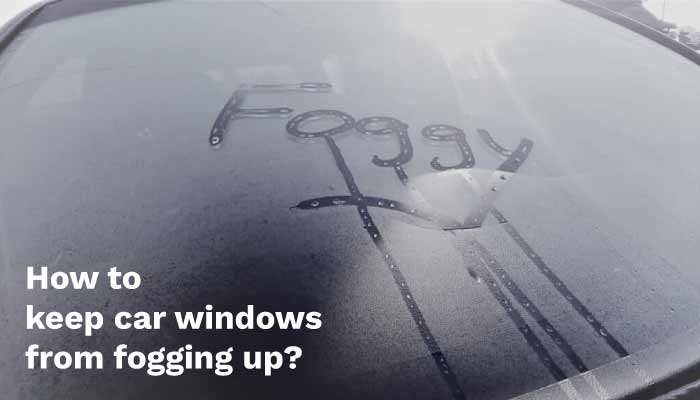How Professional Car Photography Can Help Your Sales
Photography plays a vital role in gathering online responses from real customers. If you are an automotive dealer, car photography can help your sales. In car photography, you should be creative, have technical knowledge, and have the right tools. It is a specialized field. The specialty of the car and what it is like should […]
How Professional Car Photography Can Help Your Sales Read More »









